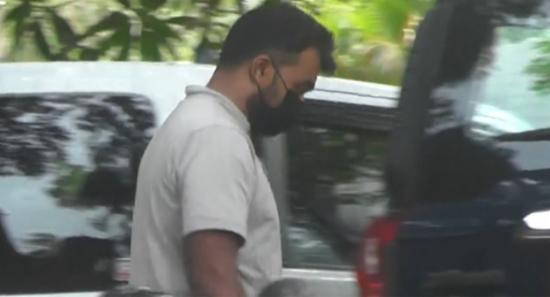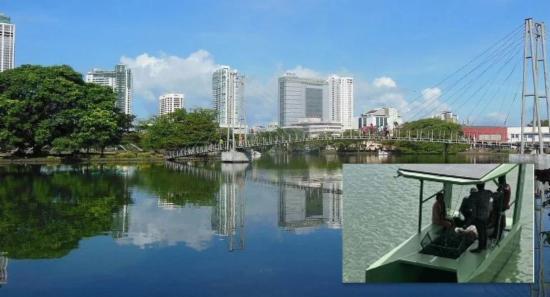.webp)

Law Is Reaching Places Once Thought Untouchable, Says President
COLOMBO (News 1st); Sri Lanka President Anura Kumara Dissanayake has reaffirmed his administration’s commitment to restoring the rule of law and dismantling the underground criminal networks that have long operated parallel to the state.
“The rule of law must be firmly established and upheld in this country,” the President stated, condemning the era when justice was selective—where “whales and sharks escaped, while the small fish were caught.”
He pledged to revive the principle that all citizens are equal before the law, regardless of status or influence.
The President emphasized that the law is now reaching places once considered untouchable—corridors of power and criminal networks that believed themselves beyond accountability.
“Let it be known: this course will not be reversed. No one is above the law. Everyone is subject to it,” he declared.
He attributed Sri Lanka’s vulnerability to armed and organized criminal gangs to the collapse of legal institutions and the erosion of political culture. These groups, he warned, have created a shadow state—a criminal infrastructure that mirrors official governance.
“They obtain weapons from legitimate armed forces. Their narcotics are transported by the very police meant to stop them. They are protected by political authorities who should be dismantling them,” he said.
The President further revealed that state institutions, including the Department of Immigration and Emigration and vehicle registration authorities, have been complicit in enabling criminal activity—issuing fake passports and registering illegal vehicles.
“These institutions have, in effect, granted protection to organized criminals,” he said.
“That underground state is filled with shootings, intimidation, drug trafficking, extortion, and other criminal activity.”
The President made his intentions clear: “We will put an end to that underground state.”
Other Articles
Featured News





.png )























.webp)






